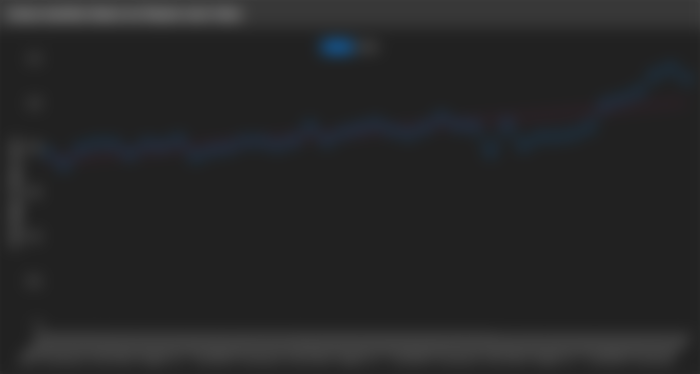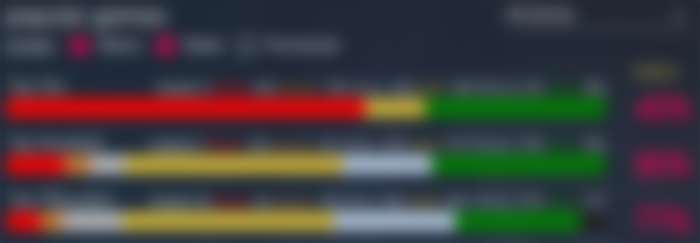Linux Gaming Had A Pretty Good 2021
All the way back in July 2021, Linux finally crossed 1% marketshare on Steam. It was a pretty big deal as it was a sort of validation for Valve and the open-source community's efforts on Proton/WINE. Since then, Linux would continue to gain marketshare likely due to consumer frustrations over Windows 11, the platform gaining anti-cheat support, and huge tech channels like Linus Tech Tips bringing attention to the penguin (more on that later). In November 2021, Linux hit a year high of 1.16% marketshare though it dropped for the first time in months in December 2021 to 1.11%.

While it would've been ideal for the positive streak, the year-over-year increase is substantial. In addition, the drop was likely due to the sudden uptick in Simplified Chinese users. When looking at the Linux marketshare among only English users, the November-to-December drop was just a measly 0.01 points from 2.73% to 2.72%.

On ProtonDB, the number of games that are playable on Linux sits at a respectable 80% among the Top 100 games and 77% among the Top Thousand. This is thanks to Valve working on vanilla Proton as well as independent developers like Glorious Eggroll and TKG releasing their own Proton versions to make certain games playable.

While this is all good, there is still a lot of work to be done for Linux to actually be a viable alternative to all PC gamers. Linux's limitations were especially highlighted throughout Linus Sebastian and Luke Lafreniere's "Switching to Linux Challenge" series. While some games, particularly older single-player games, ran just fine, multiplayer games were another story. This was especially hard on Luke as he played a lot of competitive multiplayer games with his friends, but because those games had yet to receive anti-cheat support for Proton, he was out of luck. The number of multiplayer games having anti-cheat support for Proton has been growing according to "Are We Anti-Cheat Yet?", but there are still several popular games that have not yet gotten support.
There was also that iconic moment where Linus accidentally uninstalled the entire desktop environment on Pop!_OS in the terminal.

While Linus and Luke did run into a bunch of gaming and non-gaming issues, a lot of their fans were still curious enough to at least try a distro out. I expect most of them to migrate back to Windows, but in my opinion, the more important thing is that people at least dabble in Linux. Heck, even Windows Central, out of all websites, published an article encouraging it. For many, Linux may not be viable now, but if they revisit 6 months later or 12 months later, the experience may be more pleasant.
This is what Valve is hoping to accomplish with the Steam Deck which is slated to launch next month (after getting delayed from its original December 2021 release). I have been rather impressed with how Valve has promoted its upcoming handheld from making the anti-cheat support as effortless as possible for developers to making the device super repairable. Now, the Steam Deck just needs to sell reasonably well and the experience needs to be as painless as possible for Linux gaming to gain momentum for 2022.
2022 will not be the "Year of the Linux desktop", but it doesn't have to be. It just needs to show significant improvement like with 2021.




Well I'll say, I don't know much about Linux games because I play Tencent games. But their records aren't bad at all. Hopefully they go high to meet Tencent games lol